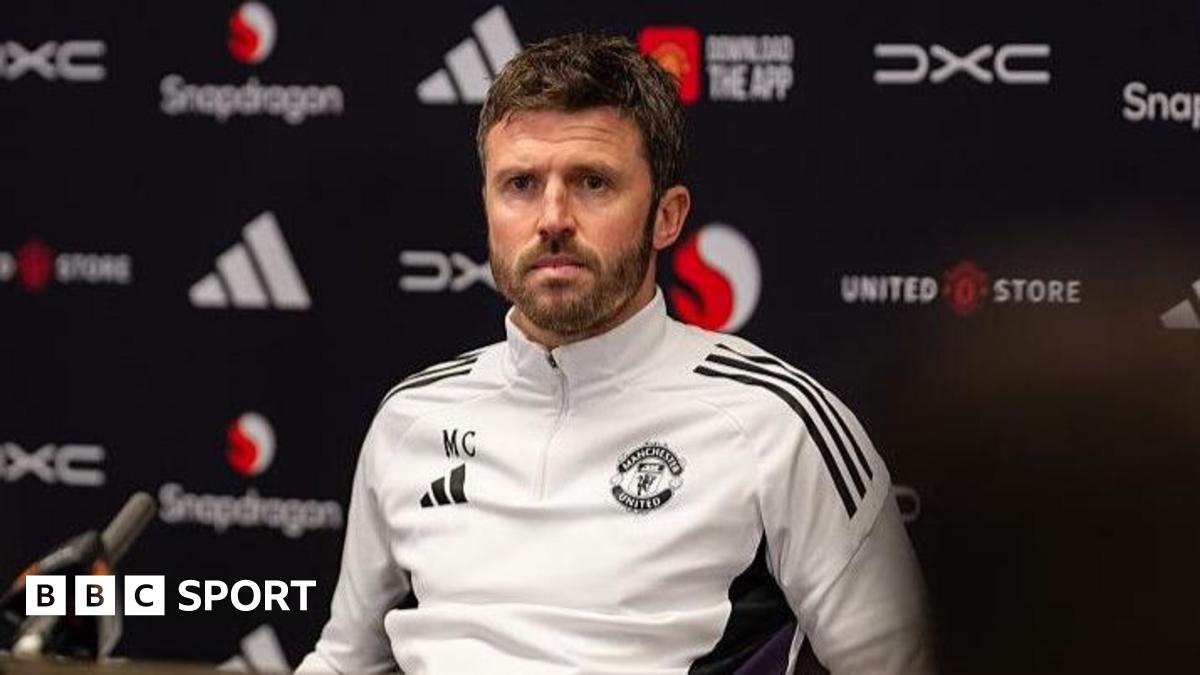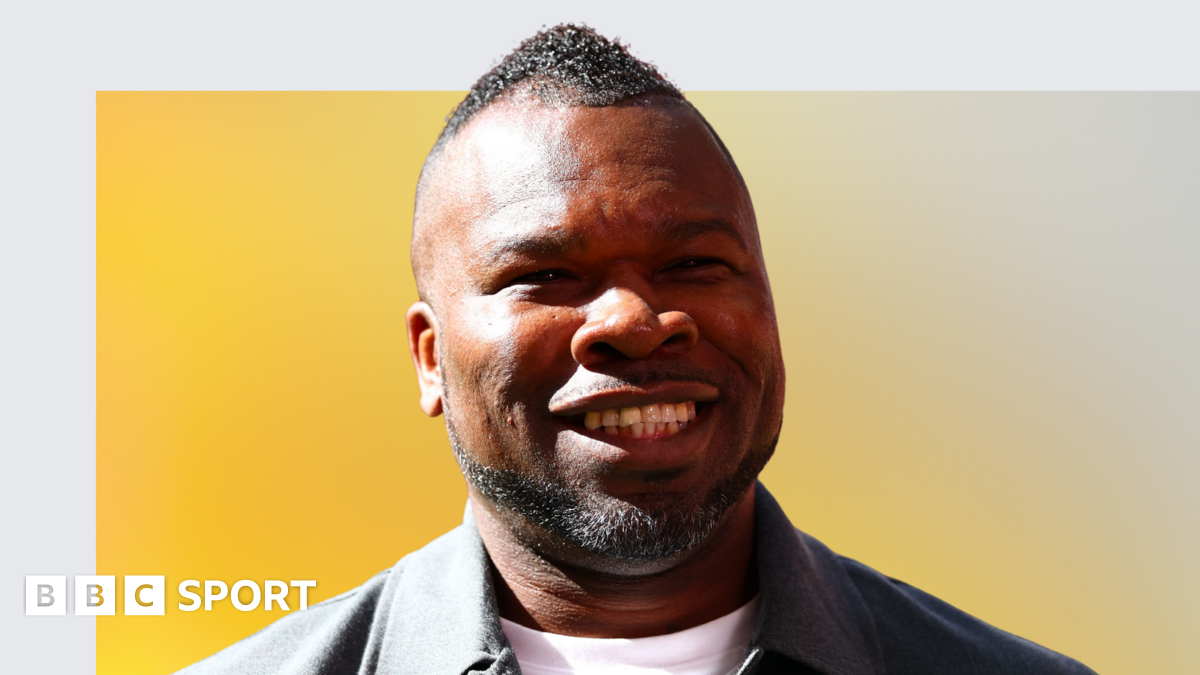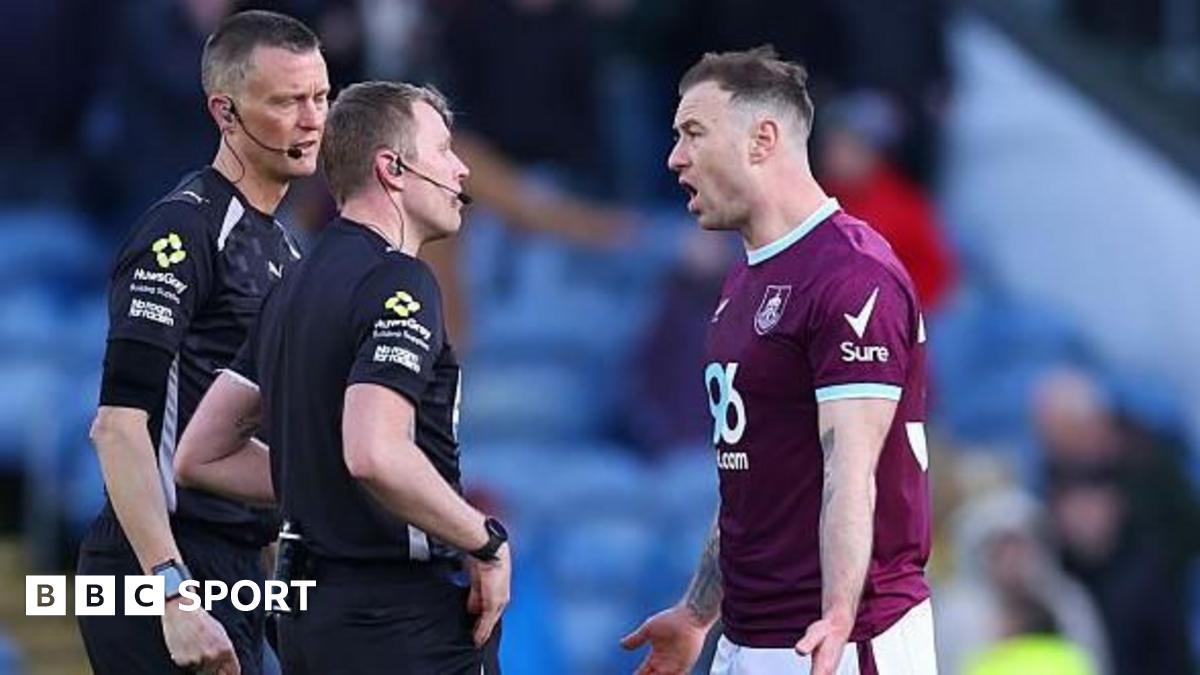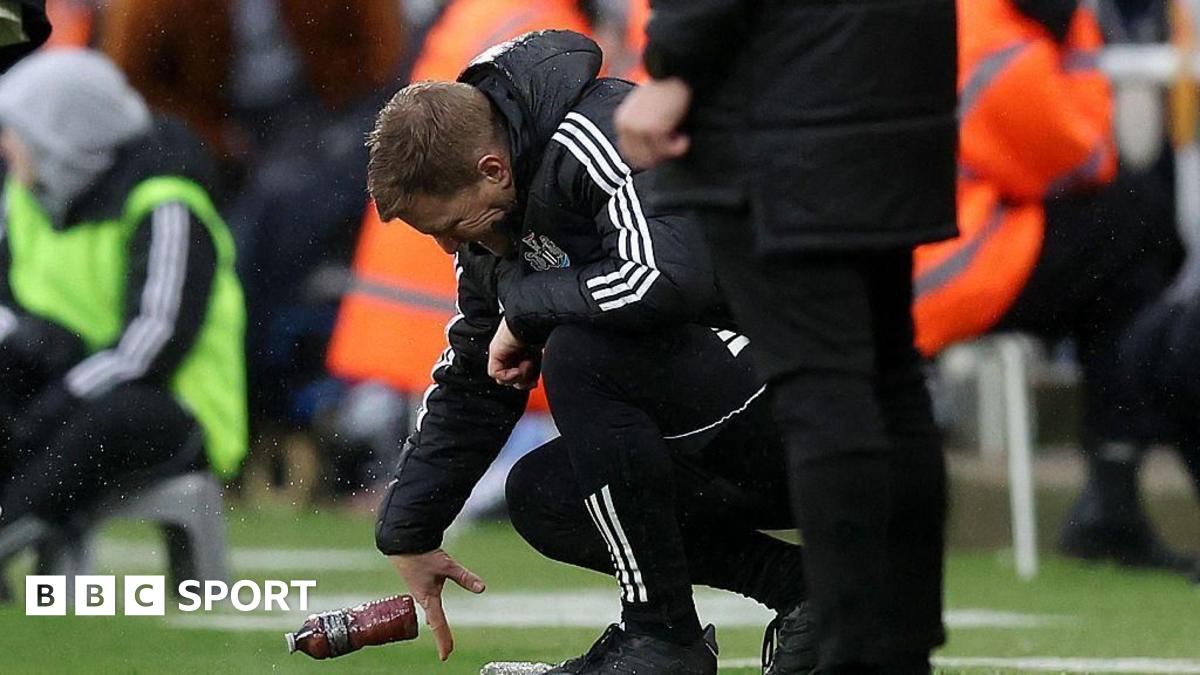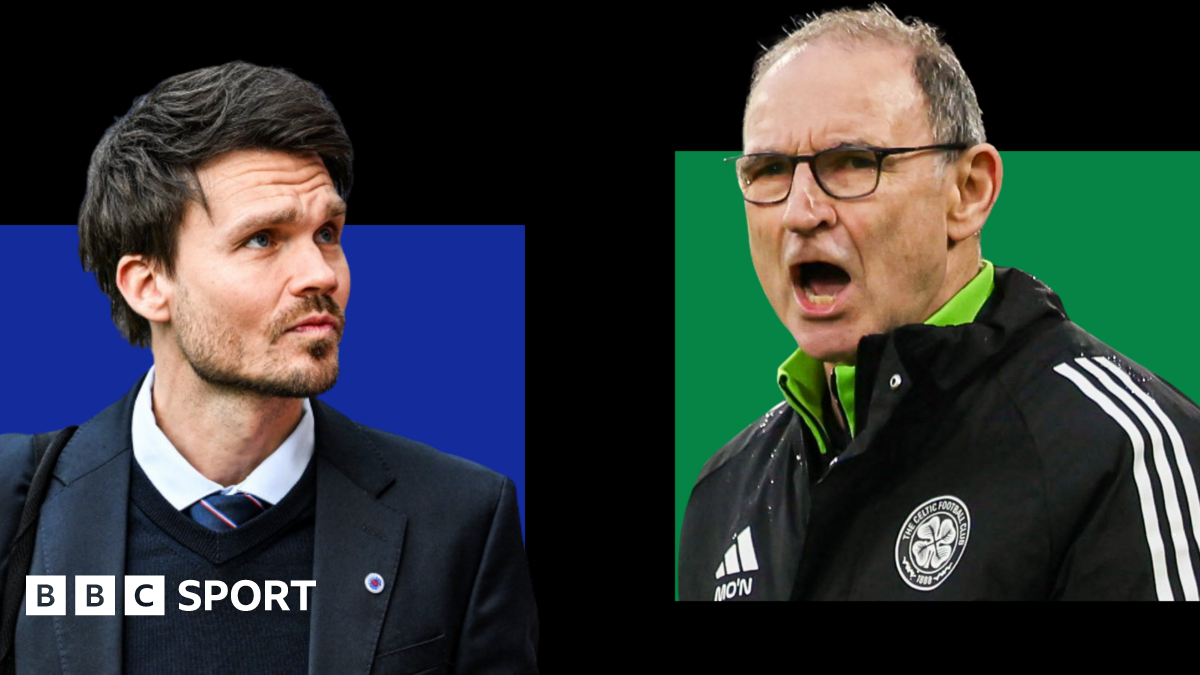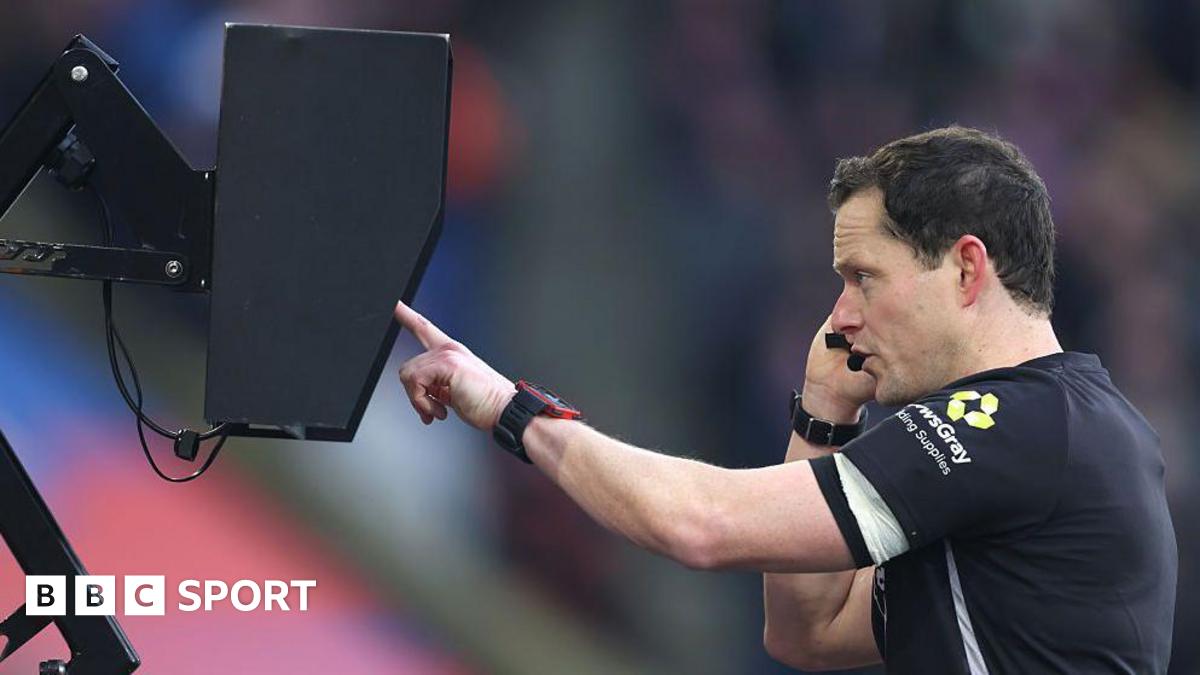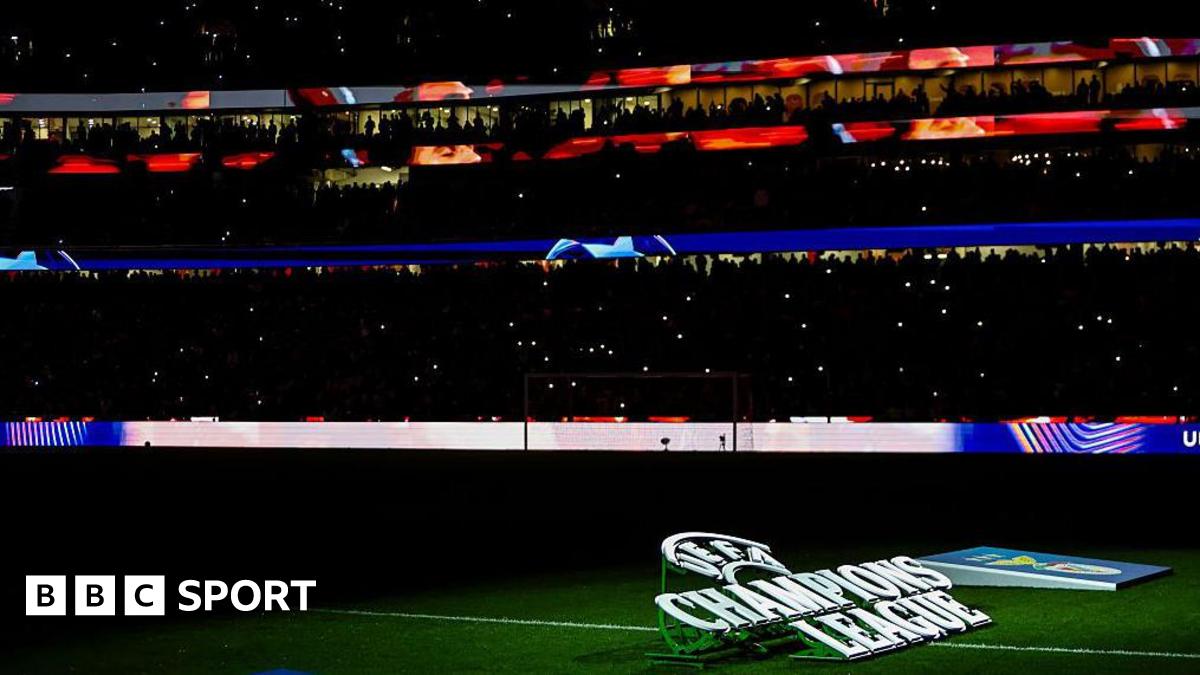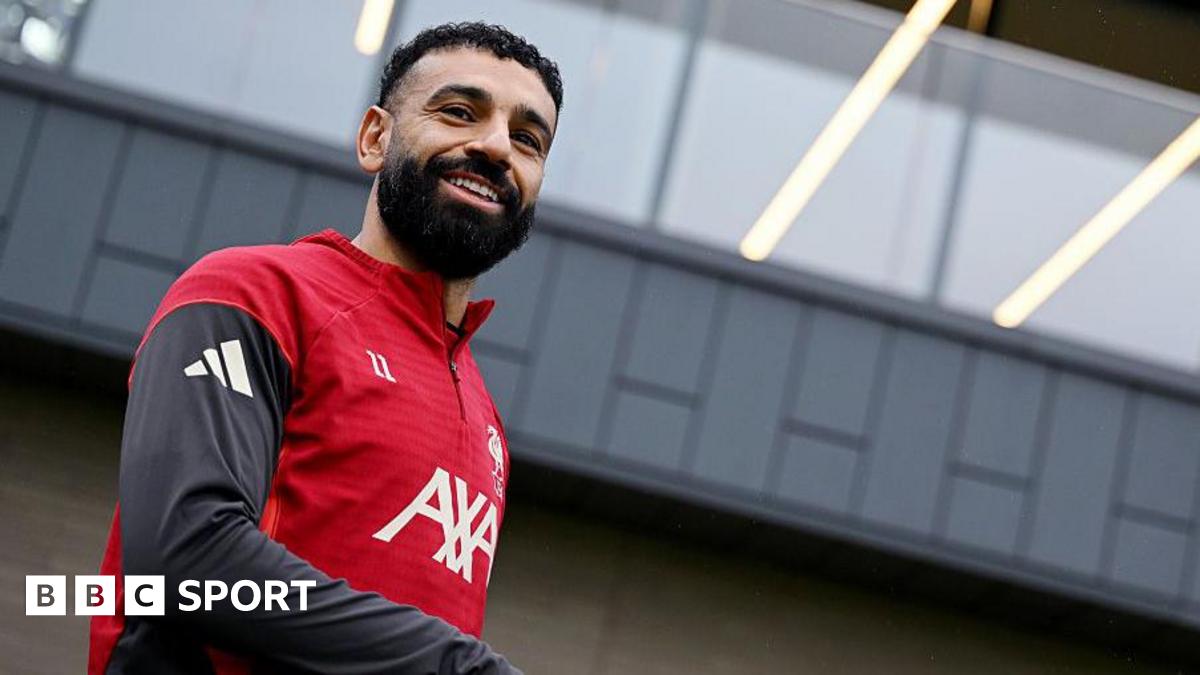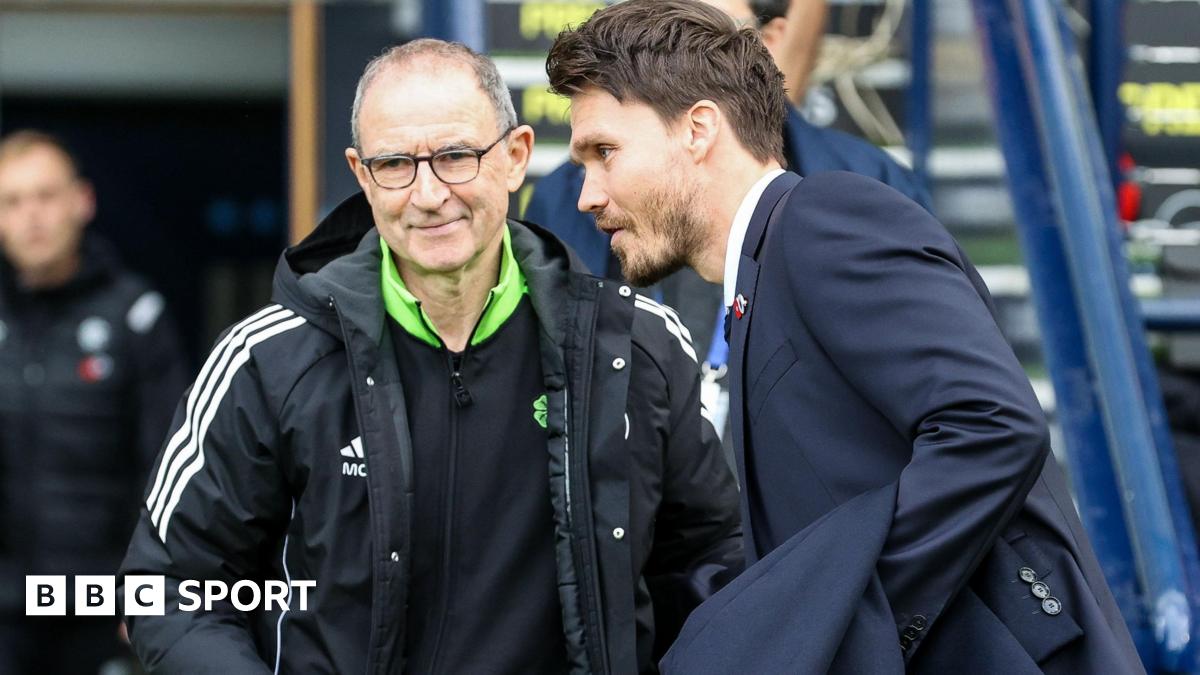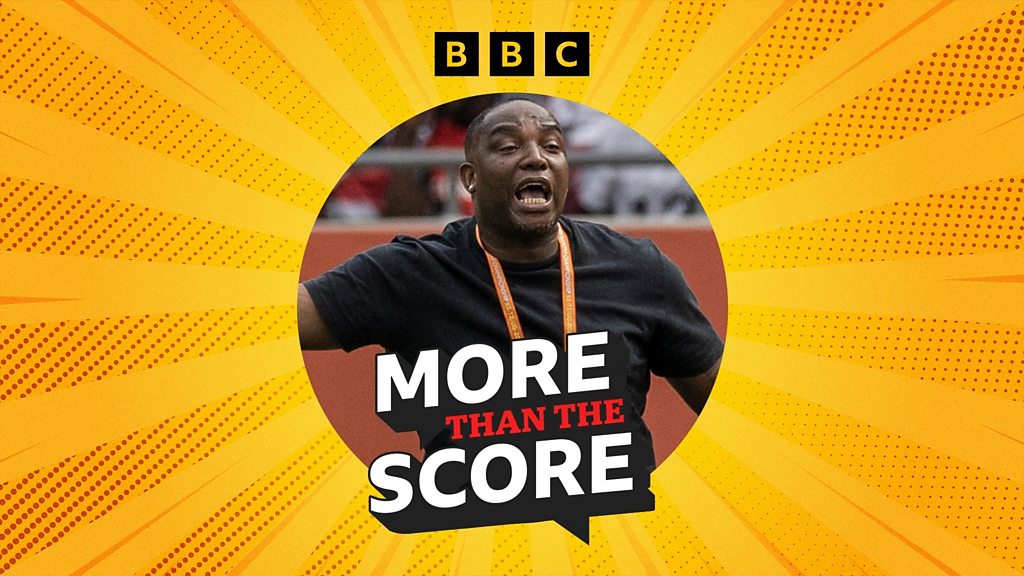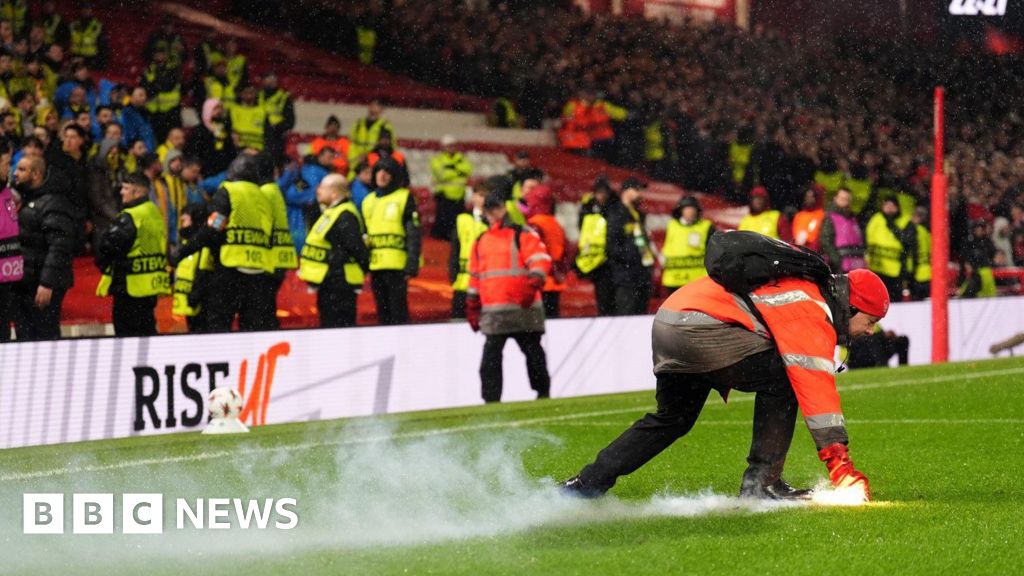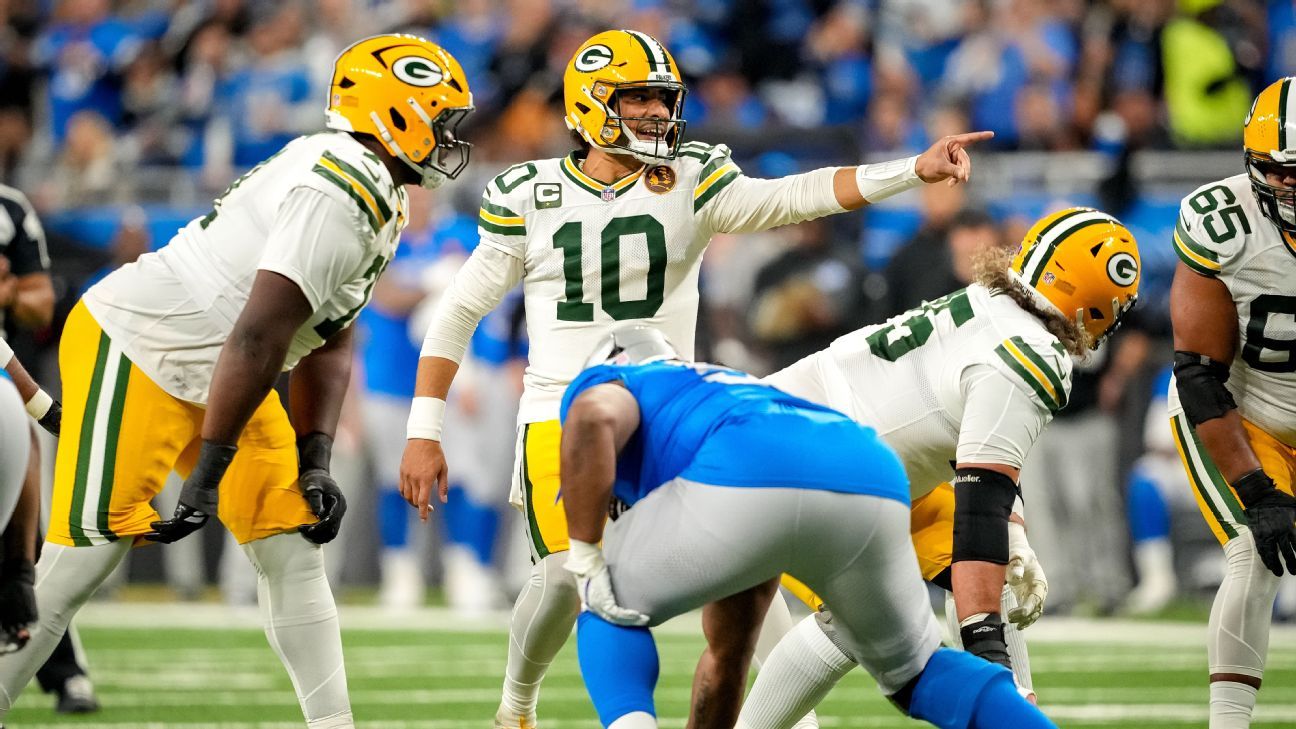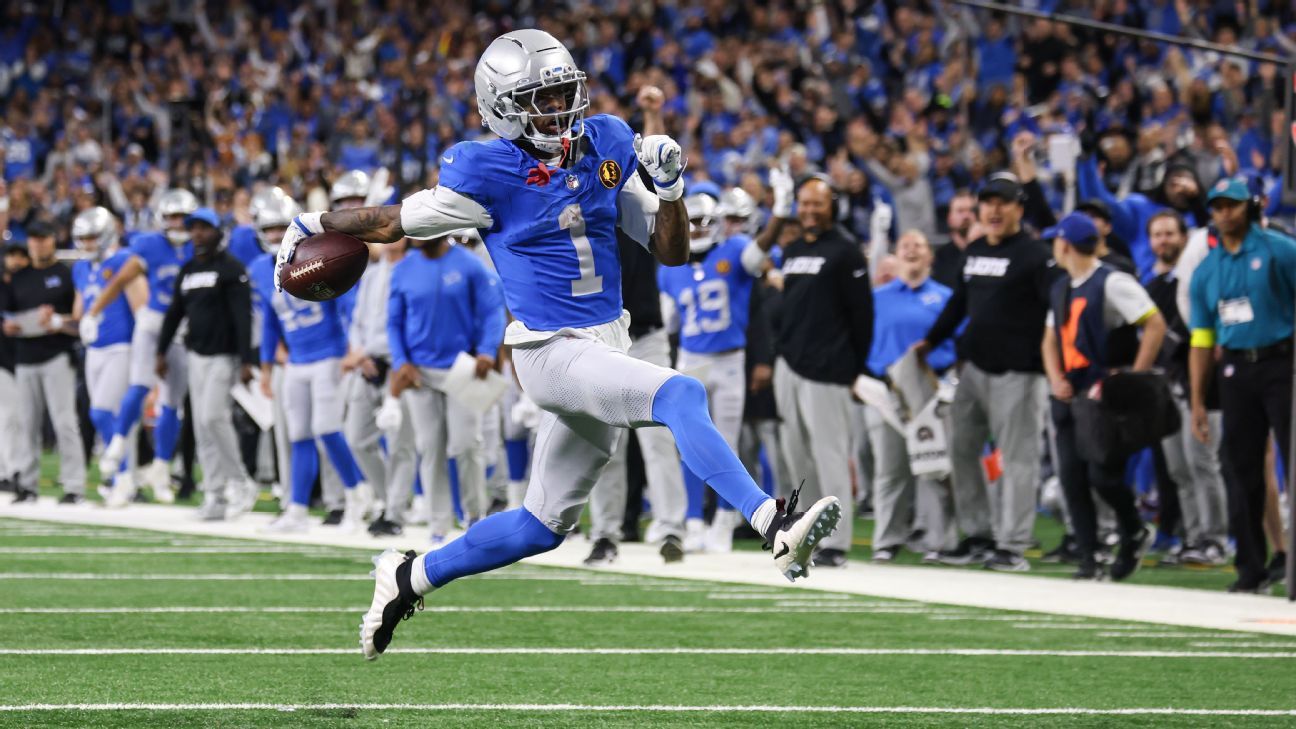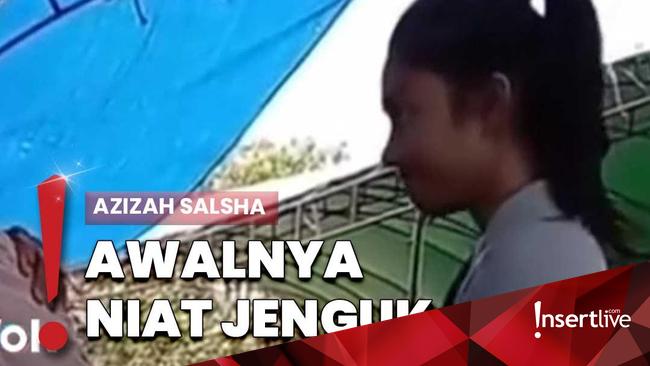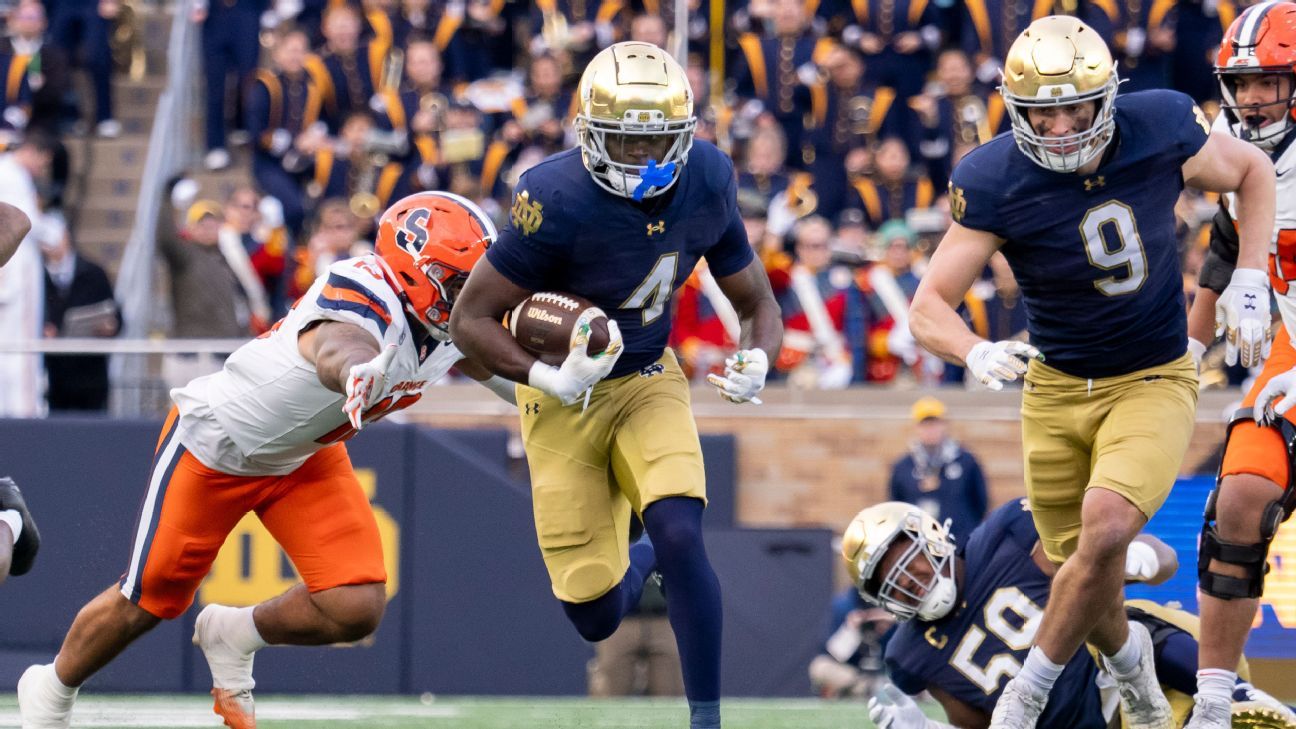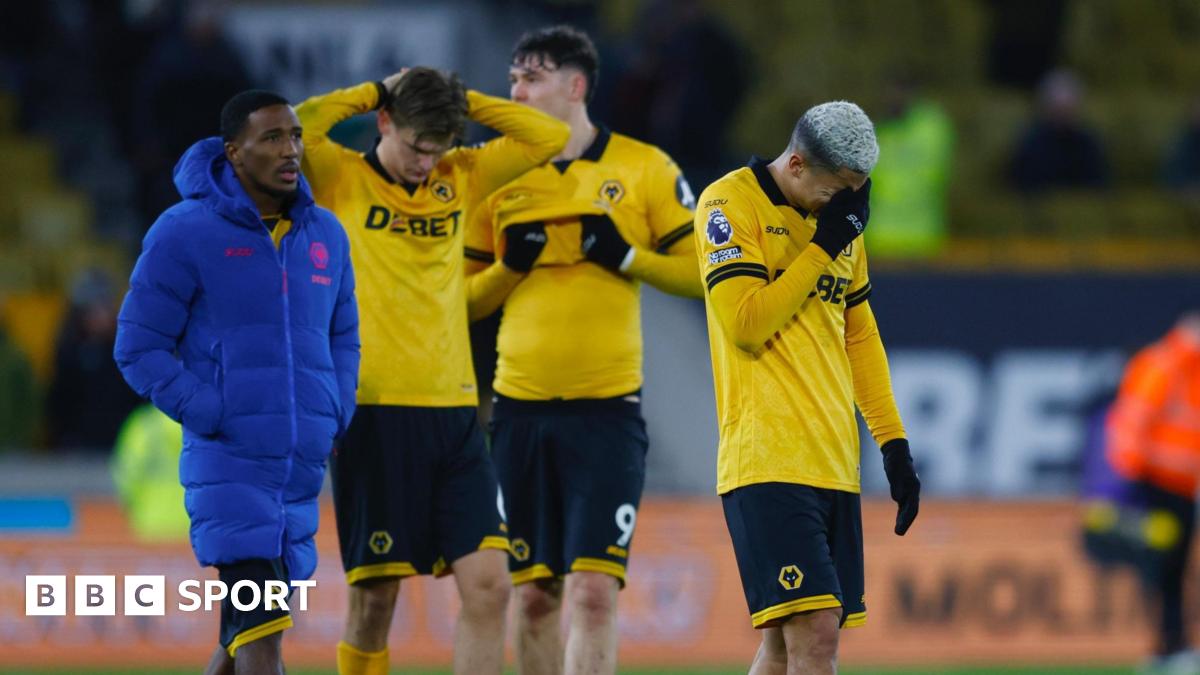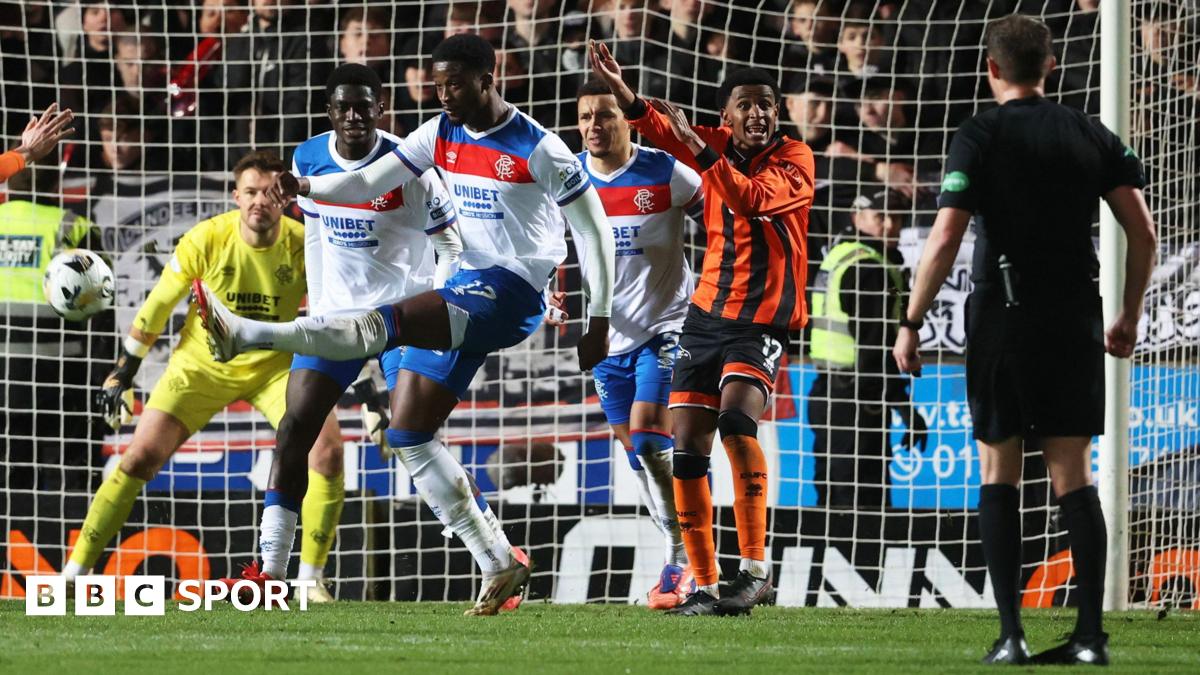Donyell Malen had just given Aston Villa the lead at home to Young Boys.
He ran over to the corner flag, only to be met with a barrage of cups from the visiting supporters and left with a cut to the top of his head.
After the Netherlands forward scored his second goal in Villa's 2-1 Europa League victory on Thursday night, more objects were thrown while Young Boys fans ripped out seats and clashed with police.
Two away supporters were arrested on suspicion of affray and assaulting a police officer.
Is this an isolated incident, or does it paint a picture of something more prevalent?
Uefa does not release historical data, but there are 116 active suspended stadium bans across all competitions, including women's and youth teams. A further 16 have been triggered and are pending being served.
The most common offence is the lighting of fireworks (67), followed by racist or discriminatory behaviour (31), the throwing of objects (25), crowd disturbances (12) and damage to stadiums (seven).
These carry a threat of having no away fans at a game, partial stadium closures or playing behind closed doors. The bans are usually suspended for two years and triggered if the offence is repeated.
Young Boys have regularly been in trouble with Uefa, and only last week the threat of a ban on travelling fans was lifted after a two-year probation expired.
Where did that incident happen? It was their previous visit to England in November 2023 when they faced Manchester City in a Champions League fixture at Etihad Stadium.
The Swiss club were given a one-match suspended punishment for crowd disturbances and fined for the throwing of objects and acts of damage to the stadium.
In February this year, Young Boys had a suspended partial home stadium closure activated for the lighting of fireworks, with a new and more substantial ground punishment placing them on probation for another two years.
Young Boys will be charged for the scenes on Thursday evening, but it remains to be seen whether Uefa gives them a firm ban, or starts a fresh probation period for this specific kind of offence. They will almost certainly be given 30 days to pay for the repairs to Villa Park.
Since football returned after Covid, there has been general concern about declining standards of supporter behaviour.
In 2023, the number of arrests at football matches in England and Wales reached a nine-year high according to Home Office figures. The 2023-24 campaign produced another 14% rise, and data released earlier this year showed disorder was up another 18% during the 2024-25 season.
This has not been shown with English clubs in European football, though. Not one of those 132 cases on file with the Uefa disciplinary body involves a Premier League club, but fans continue to carry the weight of past reputation.
In Uefa's fair play rankings for the behaviour of supporters for the 2024-25 season, England ranked in sixth with 241 matches played. The only nations ahead of them had very small supporter bases: the Faroe Islands, Moldova, Kazakhstan, Lithuania and Luxembourg.
The closest nation to play more than 150 matches was Germany in 18th, with Spain 21st.
Incorrectly categorising risk was a contributory factor to the way French police treated Liverpool fans before the 2023 Champions League final in Paris.
Newcastle United claim supporters were also "indiscriminately assaulted by the police" following their side's defeat by Marseille at Stade Velodrome.
That does not mean English fans have not caused trouble. Fiorentina captain Cristiano Biraghi was left with a bloodied head after being hit by a cup thrown by a supporter in the West Ham section during the 2023 Conference League final.
West Ham were fined 50,000 euros (£43,000) and their fans banned for one away game, with a second match suspended. They only came out of a two-year probationary period this summer.
Given Young Boys' history, and that the club's last major offence took place in Manchester, there will be questions about why the club were free to have an allocation at Villa Park but Maccabi Tel Aviv were not.
Switzerland, whose teams played 116 fixtures, are among the worst-behaved in Europe, ranked 44th of 50 countries. Israel are 37th.
The Israeli club were banned from attending the Europa League tie this month because of, as West Midlands Police said, "violent clashes and hate crime offences" in previous fixtures. Birmingham Council's Safety Advisory Group (SAG) blocked an away ticket allocation because of the high risk of visiting fans attending.
Of course, there were special circumstances around the Maccabi game, with Villa Park in a predominantly Muslim area and tensions over the Israel-Gaza war. Protests outside the ground before and during the match led to 11 arrests.
When BBC Sport asked whether the same consideration was given to Young Boys, Birmingham Council said it would not comment on individual cases. However, it added that banning Maccabi fans was a unanimous decision after advice from the SAG to the club, based on police assessment.
That Young Boys fans avoided crowd disturbances during the length of their probation shows it can act as a deterrent.
But small fines for incidents like acts of racism and discrimination seem to fall short of the mark - even though they take up a significant proportion of those suspended sentences.
That said, almost all of the 16 stadium bans pending enforcement are for racist or discriminatory behaviour. That includes home matches behind closed doors for Croatia, Georgia and Romania.
But Qarabag were this week fined just €5,000 (£4,379) after racist abuse from at least one supporter in an academy match against Chelsea in Azerbaijan on 5 November.
Atletico Madrid were fined only €30,000 (£26,275) and given a suspended one-match ban from selling tickets to their fans for an away fixture because of monkey gestures and noises, and Nazi salutes, during their 4-0 Champions League defeat at Arsenal on 21 October.

 3 months ago
50
3 months ago
50
